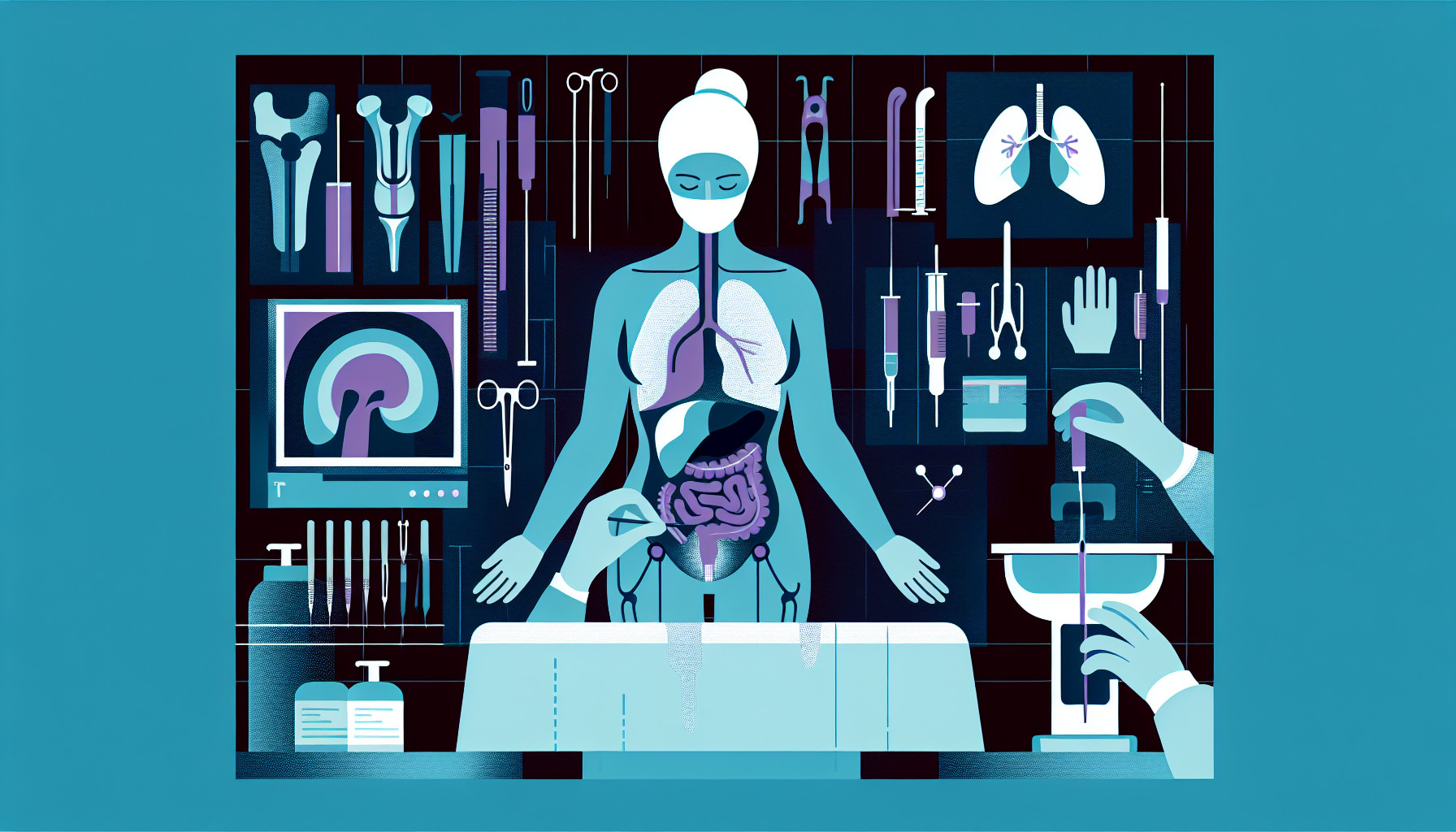Our Summary
This research paper is about a study that looked at anxiety in patients who were about to have a type of knee surgery called arthroscopic meniscectomy. The study involved 75 patients who filled out a questionnaire about their anxiety levels before their surgery.
The researchers divided the patients into two groups based on what they were most anxious about: the surgery or anesthesia itself (Group I), or the pain and rehabilitation after the surgery (Group II). They then compared the anxiety levels between the two groups.
The results showed that patients in Group I (those worried about the surgery or anesthesia) had significantly higher anxiety levels than those in Group II. Almost a quarter of the patients in Group I had anxiety levels that were considered clinically significant, compared to only about 4% in Group II.
Interestingly, the study found that trust in the medical staff was the most helpful thing for reducing anxiety before surgery, regardless of what the patients were most anxious about. For those in Group I, getting a clear explanation from the surgeon about what would happen after the surgery was the most helpful for reducing anxiety after the surgery. For those in Group II, knowing what the normal recovery process looked like was the most helpful.
In conclusion, the study suggests that doctors should be aware that different patients have different anxieties related to this type of knee surgery, and that a clear pre-surgery explanation of what to expect can be very helpful in reducing those anxieties.
FAQs
- What were the two main sources of anxiety for patients undergoing arthroscopic meniscectomy?
- Did the study find any significant differences in anxiety levels between patients worried about the surgery/anesthesia and those worried about post-surgery pain/rehabilitation?
- What did the study suggest as the most effective ways to reduce pre-surgery anxiety in patients undergoing arthroscopic meniscectomy?
Doctor’s Tip
A helpful tip a doctor might tell a patient about meniscectomy is to ask any questions or express any concerns they may have before the surgery. Having a clear understanding of the procedure and knowing what to expect during the recovery process can help alleviate anxiety. Additionally, building trust in the medical staff and feeling confident in the care they will receive can also help reduce anxiety levels before and after the surgery.
Suitable For
Patients who are recommended for meniscectomy typically have a torn meniscus in their knee. This injury can be caused by sudden twisting or impact to the knee, or it can develop over time due to wear and tear. Common symptoms of a torn meniscus include pain, swelling, stiffness, and difficulty moving the knee.
Meniscectomy is often recommended for patients with a torn meniscus who have not responded to conservative treatments such as rest, physical therapy, and medication. The surgery involves removing part or all of the damaged meniscus to relieve pain and improve knee function.
Patients who are good candidates for meniscectomy are those who have persistent knee pain, swelling, and limited mobility despite trying conservative treatments. They may also have locking or catching sensations in the knee, which can indicate a torn meniscus. Additionally, patients who have a torn meniscus that is causing mechanical symptoms such as clicking or popping in the knee joint may benefit from surgery.
It is important for patients to discuss their symptoms and treatment options with their healthcare provider to determine if meniscectomy is the best course of action for their specific situation. In some cases, conservative treatments may be sufficient to manage symptoms and surgery may not be necessary.
Timeline
Before meniscectomy:
- Patient is diagnosed with a meniscus tear in the knee
- Patient discusses treatment options with their doctor, including the possibility of surgery
- Patient decides to undergo arthroscopic meniscectomy
- Patient fills out a questionnaire about their anxiety levels before the surgery
- Patient is divided into two groups based on what they are most anxious about: the surgery/anesthesia (Group I) or the pain/rehabilitation after surgery (Group II)
After meniscectomy:
- Patient undergoes arthroscopic meniscectomy surgery
- Patients in Group I (surgery/anesthesia anxiety) have higher anxiety levels compared to Group II (pain/rehabilitation anxiety)
- Trust in medical staff is found to be the most helpful for reducing anxiety before surgery
- Patients in Group I benefit from clear explanations from the surgeon about what to expect after surgery
- Patients in Group II benefit from knowing what the normal recovery process looks like
- Doctors should be aware of different patient anxieties related to meniscectomy and provide clear explanations to help reduce anxiety before and after surgery
What to Ask Your Doctor
Here are some questions a patient should ask their doctor about meniscectomy:
- What is a meniscectomy and why do I need it?
- What are the risks and potential complications of the surgery?
- What is the expected recovery time and rehabilitation process after the surgery?
- What type of anesthesia will be used during the surgery?
- What can I expect in terms of pain management after the surgery?
- Are there any alternative treatments or procedures that I should consider?
- How many meniscectomy surgeries have you performed and what is your success rate?
- Will I need physical therapy after the surgery and for how long?
- How soon can I expect to return to normal activities or sports after the surgery?
- What should I do to prepare for the surgery and what should I expect on the day of the procedure?
Reference
Authors: Lee CC, Cha JR, Park JH, Kim MS, Park KB. Journal: BMC Musculoskelet Disord. 2023 Dec 19;24(1):980. doi: 10.1186/s12891-023-07112-3. PMID: 38114932
